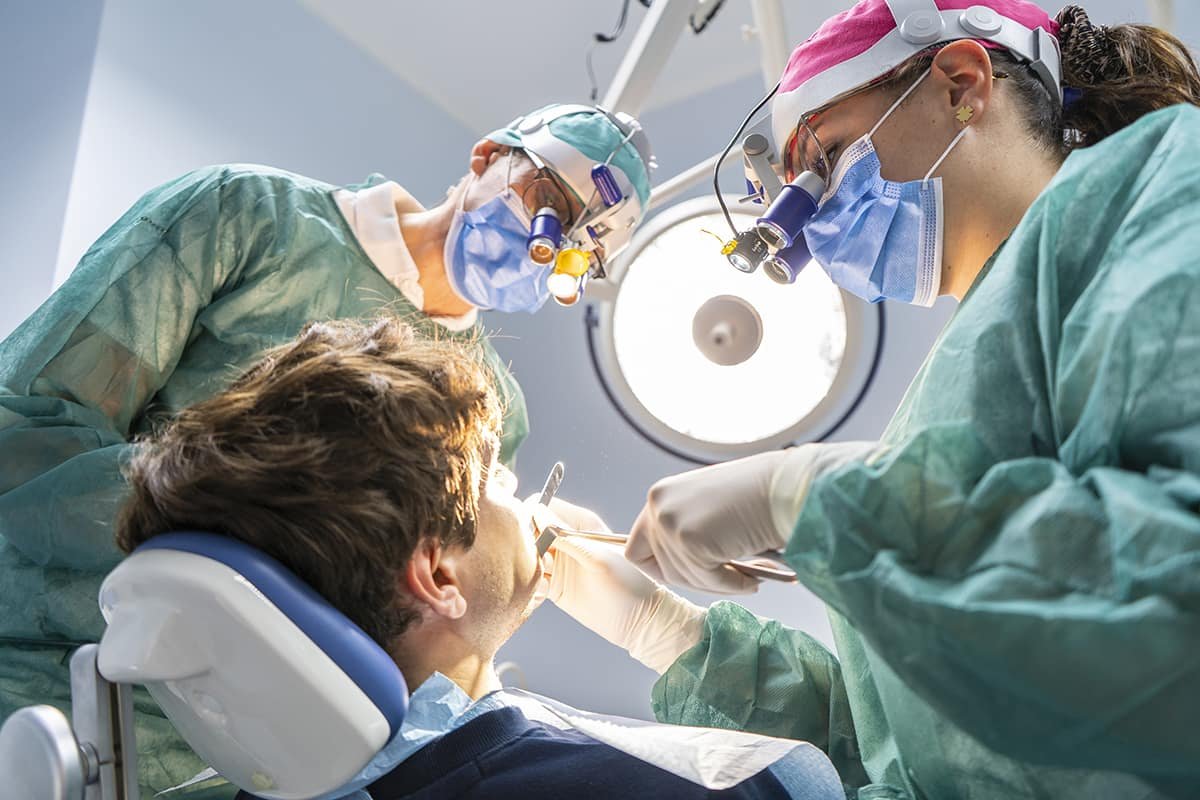Subtotal $0.00
Shopping cart
Subscribe to out newsletter today to receive latest news administrate cost effective for tactical data.
2478 Street City Ohio 90255
- Phone: 833-544-2779
Subscribe to out newsletter today to receive latest news administrate cost effective for tactical data.
2478 Street City Ohio 90255
Monday - Friday:9am - 6pm

General dentists have studied dentistry along with hands-on training, and some can perform minor oral surgical needs. An oral surgeon can help with issues ranging from wisdom teeth and impacted teeth to jaw misalignment and bone loss. Oral and maxillofacial surgery is considered a dental specialty, but the type of work required is usually much more complex than what a general dentist does.
An oral surgeon is a dental specialist trained to perform surgical procedures on the mouth, teeth, jaws, and face. While dentists can perform minor oral surgeries, they’re not oral surgeons or oral and maxillofacial surgeons (OMS), which is the full name of these specialists. The word maxillofacial means relating to the jaws and face.
An OMS attends four years of dental school and then completes at least four to six additional years of surgical training. These specialists are also trained to administer anesthesia and provide care in an office setting.
Maxillofacial surgeons are really a combination of a dentist and a medical doctor.
The last teeth to erupt in your mouth are called wisdom teeth, also known as third molars. This generally occurs between the ages of 17 and 25, a time of life that has been called the “Age of Wisdom.”
When there is a lack of space in the dental arch and its growth and eruption are prevented by overlying gum, bone, or another tooth, wisdom teeth become impacted.
Tooth extractions are typically needed when a tooth is severely decayed, damaged, infected, or impacted (such as wisdom teeth). In some cases, extractions are recommended before orthodontic treatment.
Not always. Wisdom teeth are only removed if they are impacted, cause pain, crowd other teeth, or lead to infection. Your dentist or oral surgeon will use X-rays to determine whether removal is appropriate.
Recovery time varies, but most patients begin to feel better within 3 to 5 days. Full healing may take 1–2 weeks. Following your surgeon’s post-operative instructions—such as avoiding hard foods, rinsing gently, and resting—is key to healing properly.